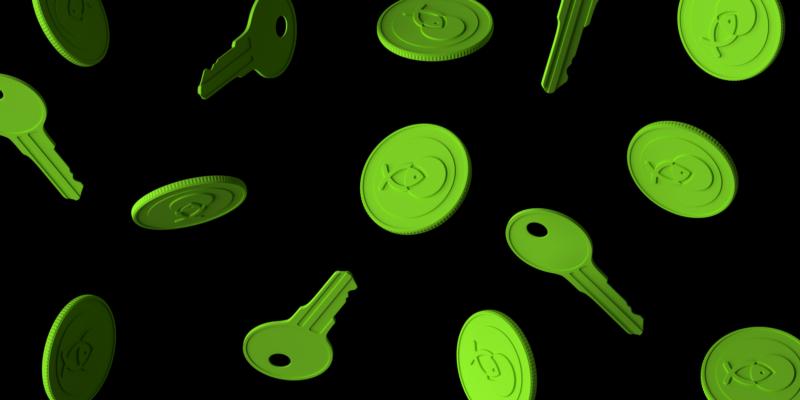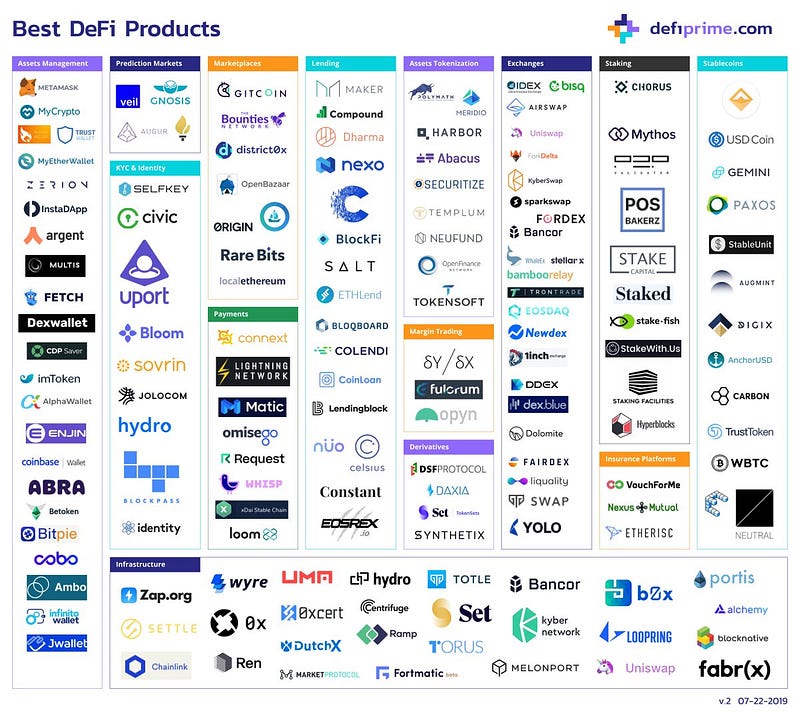Not Your Keys, Not Your Coins
If your crypto is stored in a wallet you don’t have the private keys for, like a wallet on an exchange, is it really yours? Many will say…

If your crypto is stored in a wallet you don’t have the private keys for, like a wallet on an exchange, is it really yours? Many will say it isn’t. This idea is encapsulated in one of the crypto world’s most famous mantras:
“Not your keys, not your coins.”
The philosophical reasons for keeping your coins in a wallet you control are straightforward. Cryptocurrency was created in response to a money and banking system that centralizes power away from the individual. With this in mind, handing over control of your funds to a third party definitely goes against the ethos that cryptocurrency was built on.
But there are also some serious practical drawbacks to entrusting your crypto funds to a third party. These fall roughly into two categories: security risks and loss of control.

Security Risks
The most obvious risk of keeping your funds on an exchange is the risk of losing them as the result of a hack. As of this writing, there have been approximately 45 exchange hacks resulting in cumulative losses of about $1.85 billion. The most notorious was the 2014 hack of bitcoin exchange Mt.Gox, which resulted in the theft of more than $660 million of users’ funds.

While no single attack since then has quite reached the magnitude of Mt.Gox, exchange hacks plague the industry to this day. Last year, nine exchanges were hacked, including an attack on Binance, the world’s largest crypto exchange, that resulted in $40M in losses.
Even if you don’t become the victim of an exchange hack, there’s always a risk that an attacker will manage to drain your personal account on an exchange or that your data will be compromised. If you do decide to keep your crypto with a third party, be sure to take advantage of all the security features offered, always enable two-factor authentication, and stay vigilant.
Loss of Control
If your coins are stored with a third party, anything you want to use them for will be mediated by that third party. By keeping your crypto on an exchange, you are essentially relinquishing control of your own coins.
In addition to the security risks outlined in the previous section, there are other times when not having control of your funds can turn out to be very costly. For example, If an exchange you store your crypto on freezes trading and withdrawals of a coin you own, for maintenance, upgrades, or any other reason, you’ll be helpless to act in the event of volatile market activity.
Not having direct control of your coins can also limit your potential returns. Over the past year, we’ve seen an explosion of ways to put your crypto to work earning more crypto, including DeFi services like Compound and the rise of Proof of Stake blockchains. If your coins are sitting on an exchange, you may not be able to take advantage of these opportunities. Some exchanges will stake your crypto for you, but this comes with potential pitfalls of its own.

One option if you want to retain custody of your assets in a wallet you control and stake your assets at the same time is the native delegation function on our website. You can get started staking $ATOM with us here.
What’s the Alternative?
If you don’t own a lot of crypto, you trade frequently, or you’re comfortable exchanging security for convenience, you may decide that keeping your funds on an exchange is the best decision for you. But if you find yourself agreeing with the “Not your keys, not your coins” philosophy, you’ll need to find another way to store your crypto.

There are a lot of options out there, some more secure than others. As always in crypto, you should do your own research. There are plenty of resources online to help you make the right choice.
Website: https://stake.fish
Telegram: https://t.me/stakefish
Twitter: https://twitter.com/stakefish
Instagram: https://www.instagram.com/stakedotfish
LinkedIn: https://b.fish/linkedin





